AI in Health and Safety
The Future May Not be too Far Away
What could AI in Health and Safety mean for managers looking to develop a career in the sector? Many people are in two deep minds about AI, especially when it relates to their industry.
Common objections seem to be around the fear of their jobs being taken by a cheaper, faster and more accurate alternative, which is a legitimate concern. Robots seem to be taking over a lot of jobs especially in industries that require repetitive tasks such as factories where they can perform precision tasks in a much shorter time than their human counterparts, with AI added to them it only expands their capabilities.
(30 years overdue Short Circuit Spoiler Alert)
For me the excitement around AI was when I first saw the Short Circuit films as a child. The film followed the robot known as Johnny 5 becoming a sentient machine. In the sequel to this however the film starts with Johnny 5 helping out his friend Benjamin to build toy robots. (This isn’t the main plot of the story.) He could create the robots much faster than Benjamin (the original designer of the robot) and to a much better build quality.
This was in fact the toy that I always wanted and Santa never brought me.
The AI we have at present doesn’t have the ability to become curious like Johnny 5 and will stick to the tasks that it is set to do, however it is programmed to learn from its mistakes like good old number 5 who loved input, input, input!
At the minute our take on AI is a machine that can improve itself by learning and deciding which option is best based on different variables. It is nowhere near the level of a fully functioning brain often depicted in Science Fiction although the future may not be too far away.
Isn’t this a Health and Safety Blog?
You’re probably asking yourself now, isn’t this a health and safety blog, what does this have to do with Health and Safety? Well, kind of everything.
In the Health and Safety world mistakes can cost lives, the whole industry is there to prevent the loss of life, risk of injury and to build on previous mistakes. The issue with AI is that we are relying on programmers to build the AI and to teach it to learn where things are going wrong.
If the programmer doesn’t understand what could go wrong, how can they prevent the issue from arising that Health and Safety experts have worked tirelessly to avoid? It’s a given that these companies likely have a team of Health and Safety experts to contribute to such systems.
This is quite worrying as without extensive tests, errors could still occur. Whilst the AI system and the developers would learn from this, we have to question when it is suitable to introduce the technology especially when human lives are at risk.
In the grand scheme of things the whole technology is still quite new (along with that of robots) and injury or death caused by AI and robots is still a legal grey area. This is another concern for many people. Would you trust working next to a robot that could cause accidental injury without the creator being held liable?
We do have AI appearing in many different areas and should you ever be injured by a robot or an AI system, it may even be possible to have an AI lawyer represent your case.
AI pushing into the Health and Safety industry
We are already seeing AI pushing into the Health and Safety industry with Cortexica and Cisco creating a video analysis system that recently received a £300,000 grant. With this it will be able to monitor all worker’s PPE equipment. If any worker is flagged as non-compliant then an alert will sound or, access to the site could be denied.
Whilst this isn’t taking a job from a human it is reinforcing one of the responsibilities of a supervisor and the other staff. Aside from the obviously visible hard hats and high visibility jackets, it is unlikely that a supervisor is able to check to see if all workers are wearing the correct PPE at all times. This is especially true on large construction sites; the query is whether the AI could cover such a large area for a reasonable cost, especially when the working location may change regularly.
A supervisor is still required for hundreds of other tasks however this is a great tool to ensure that all staff remain compliant. The amount of injuries and fatalities that this could reduce may prove to be a vital part of many companies.
Why are people choosing AI as a solution?
Why are people choosing AI as a solution? AI is becoming a popular option for many companies to incorporate for many reasons:
Cost
Initially the cost is more expensive as opposed to simply hiring someone to do the job, usually a company will design the application that is then purchased by companies for a fraction of the cost.
Accuracy
Robots and AI can be trained to perform a task with precision. There is little room for error in the systems programmed tasks. Glitches tend to be caused by the system having two choices and not being able to choose between the two. This can be because it is a situation that was not foreseen by the developers.
Reliability
AI won’t call in sick one day to work; whilst there is the potential for breaches in systems it is unlikely.
First to the market
The company that manages to create ground-breaking AI first, could gain a market advantage and the teams developing the AI are offering their product to companies at lower costs for two reasons.
- They can get their foot in the door and show the capabilities of their product.
- The AI can learn quicker with more data from the companies that take it on board.
But is AI Smarter?
“But is AI Smarter?” you ask. AI has been able to beat humans in games such as GO, but GO is a game with strict rules. What people have to remember is that AI can store a lot of information and access this in milliseconds performing hundreds of calculations almost instantly and much faster than the human brain. It can then assess the moves that give it the highest chance of victory.
Whilst no human or computer can see into the future, predictions can play a big part in accident prevention. It’s highly possible that a machine could raise alerts when it seems likely that an accident will happen.
Whether AI is smarter than a human is down to opinion. We are starting to get AI that can write books and newspaper articles. You can read online chapters of Harry Potter as written by AI or watch a short film that was written by AI.
What next?
So, what next? Perhaps we could see AI expand into checking the working environment for potential hazards. The benefit is how AI tries to learn from itself. That means that if this were to monitor hundreds of workplaces, any accident that occurs could see it learn what had happened and look at preventing or alerting when a similar situation arises.
Rigetti which is a quantum computer start-up (not a type of pasta) has created a clustering algorithm which will allow AI to separate data into groups. As AI expands into the realm of Quantum computers, we will start to see more of what we currently experience in fiction.
But hold on, Elon Musk CEO of Tesla said yesterday that automation has been holding back Tesla’s Model 3 production and that humans are underrated. Whilst the Model 3 wasn’t built by an AI system (that we know of) it shows that there are huge vulnerabilities in automated processes. All the human jobs may be here to stay for a little longer!
AI Will Decide
It’s likely that data will eventually be handled by AI, probably for security reasons where the AI will decide on whether access should be given. This could mean that a Terminator wouldn’t have to look through a phone book to find Sarah Connor, luckily it travels back in time. It would also mean that in a situation where someone has an accident at work, AI could instantly alert the ambulance service of the incident.
From there information regarding people involved (blood type, injuries and special requirements) could be given to the paramedics and hospital so that all of the required instruments are prepared upon arrival to the scene or the patient at the hospital.
We could also use it to lock down rooms during the evacuation of a building during a fire. This could help to prevent the spread of fire. If the fire brigade arrive, AI could locate anyone left in the building for firefighters to find.
The police could also benefit from AI by being alerted of crime. Improving response times and assisting with locating and following the criminal especially during a chase.
The best outcome is to have a system that works side-by-side with humans and different industries.
Will I lose my job to AI?
“Will I lose my job to AI?” Now, probably isn’t quite the time to worry. Though there are alarming predictions about what percentage of jobs will become automated, specialising is likely to be the best course of action.
Professional expertise and human supervision are unlikely to vanish too quickly, especially in the case of higher level management. Developing extensive knowledge of risk identification, hazard control and legal requirements is more likely to future-proof a job than staying at a career standstill.
And, if you are a computer leading the way in Artificial Intelligence then a SHEilds Health and Safety course could help you keep us humans and your robot bodies safe! Take a look at our Qualifications page.
Maybe one day we will all lose our jobs to AI.
Perhaps we will all be wiped out by AI and we won’t have to worry about unemployment.
If your name is John or Sarah Connor you’re probably going to be easier to locate in the future by a Terminator.
Or maybe it will be fantastic to have the assistance of computers in our jobs and make our world a safer place.
Stephen Conlan
What are your thoughts on AI in your industry?

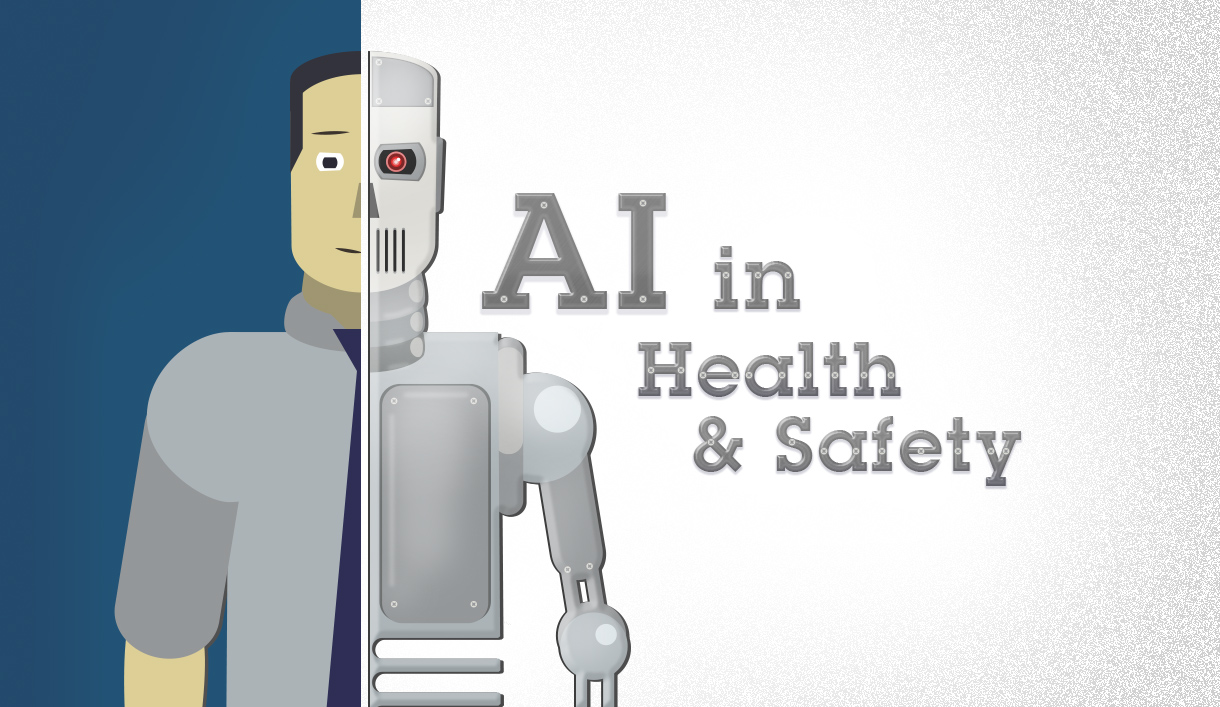

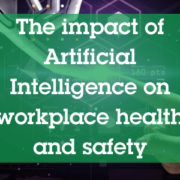
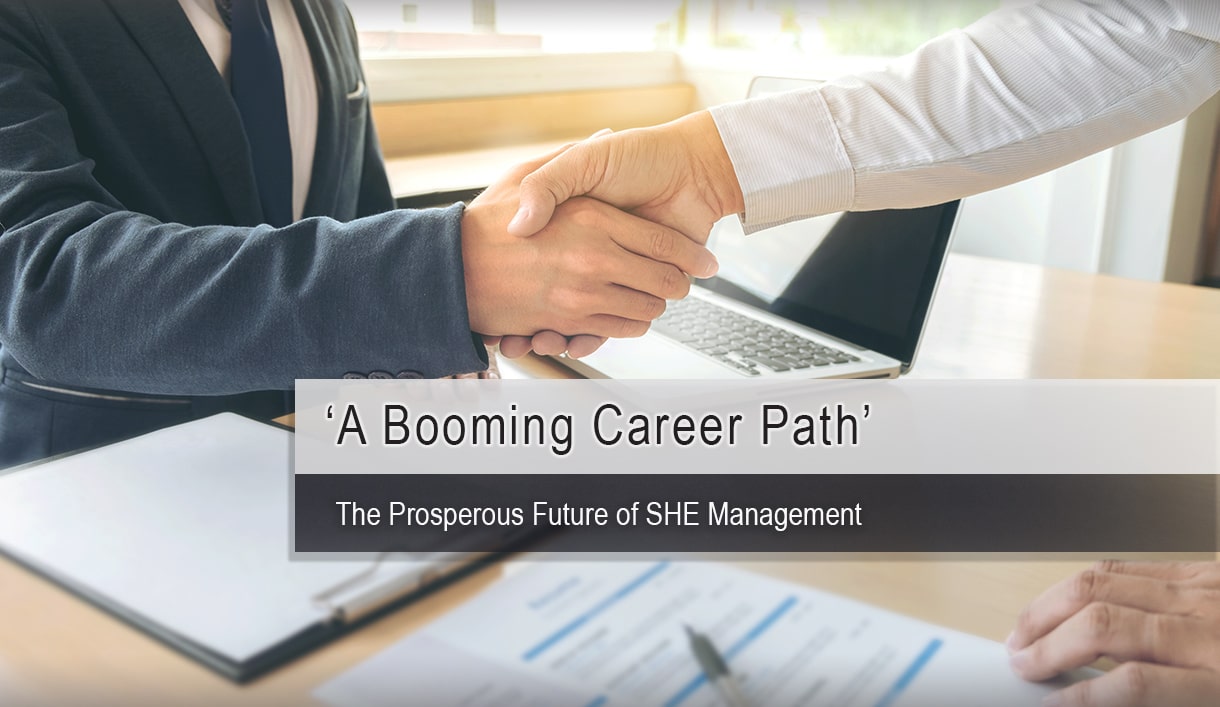
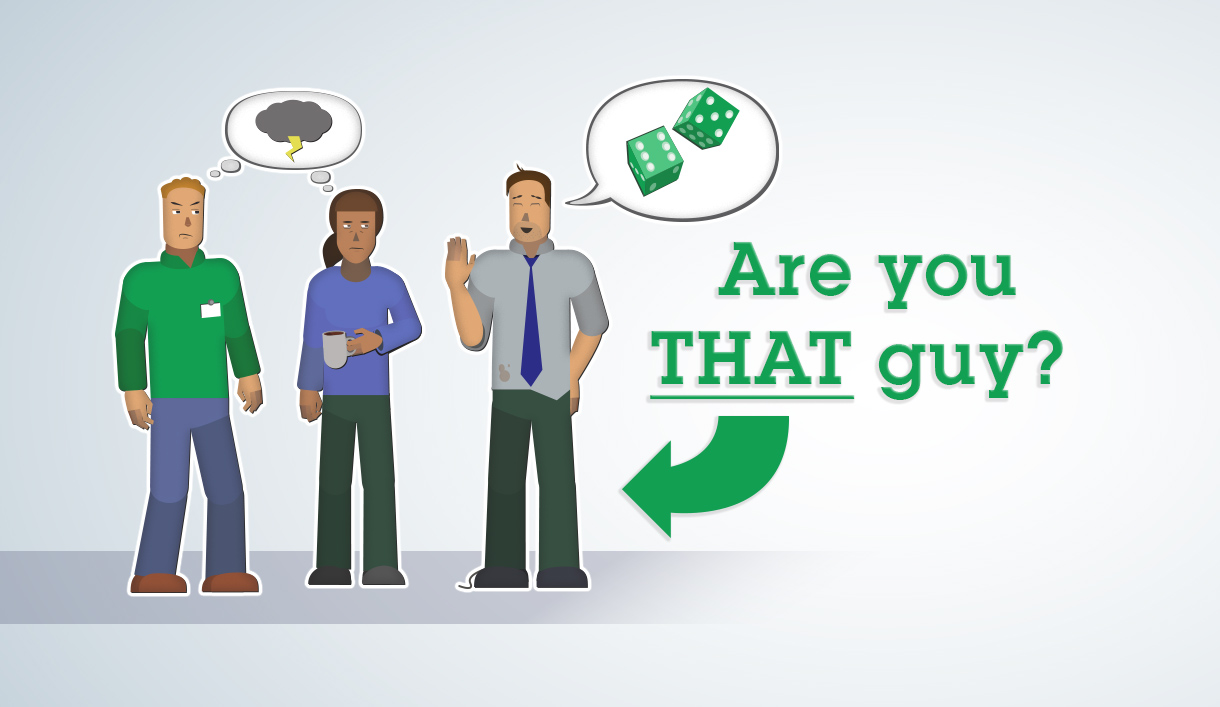
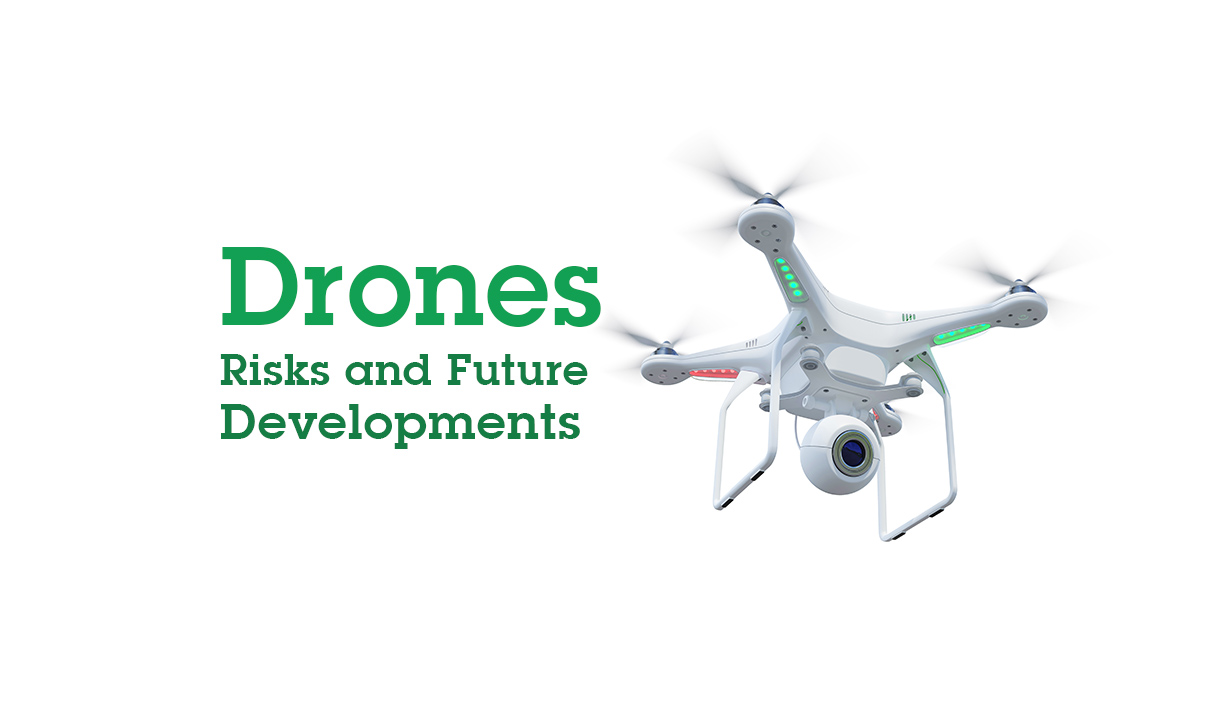
Leave a Reply
Want to join the discussion?Feel free to contribute!